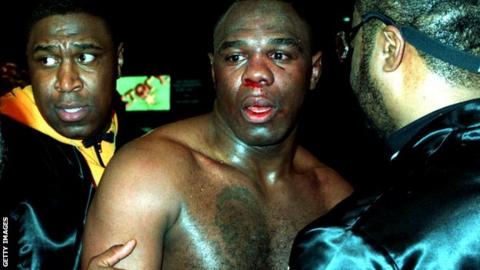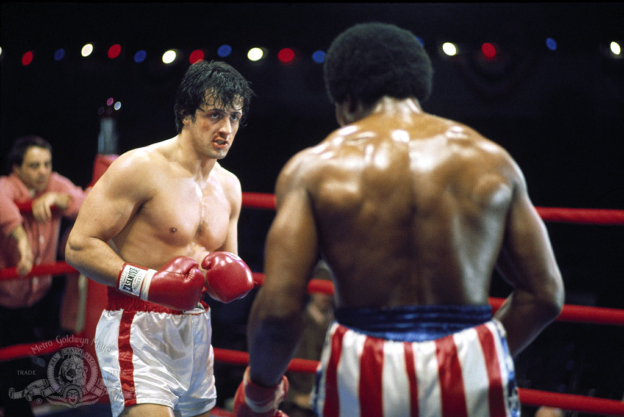Sports makes for natural cinema. You’ve got the underdog hero, the heavily-favored villain, the climactic clash, the clear-cut winner and loser. That’s what fueled Rocky to eight films and $800 million at the box office in the U.S. alone.
But many forget: Rocky lost the first championship fight. And losing can make for equally compelling viewing. Consider Raging Bull, The Bad News Bears, A League of Their Own, Friday Night Lights, Moneyball and on.![]()
You can add Losers to that list. The new Netflix show is a heartwarming docuseries that examines those who lost in high-profile fashion, but turned defeats into victory, both moral and literal.
Created and directed by Mickey Duzyj, a veteran of ESPN’s 30 for 30 short films, Losers mixes documentary interviews with animation to examine eight sports across the globe and looks anew at some high-profile failures to examine athletes who redefined their lives in the aftermath of loss. The result is akin to eight mini-Rocky Balboas, complete with feel-good endings minus the predictability of a film franchise.
If anything, unpredictability is the underlying strength of a series that could have grown tired quickly. Duzyj features athletes who never wanted to be athletes, stars who never sought stardom and sports you probably know little about, including curling and dog racing. His targets are so eclectic that even if you do know the sport, you probably don’t know the heroes hidden within.
Fittingly, Losers begins with a Rocky-like tale, but with a significant twist: The Miscast Champion follows the life of Michael Bentt, a championship fighter who admits his dislike of the sport’s savagery — and was nearly killed by it. Despite his success in the ring, Duzyj follows Bentt after his near-fatal defeat and chronicles his unlikely path to Hollywood, where he finds his true calling.
The hope of the episode underpins the tenor of the series, though the themes and lessons of the story are vastly different. The Jaws of Victory is a hilarious episode about a perennially awful soccer club whose very existence is saved by police dog that becomes a local hero. Lost in the Desert is a harrowing tale of a marathon held in the heat and sand of the Saraha Desert where simply surviving the race is a victory in itself. Stone Cold tells the story of Canadian Pat Ryan, whose loss ultimately changed and popularized the sport of curling (which is concisely explained, as is its rabid following).
Each of the episodes would make for a feature-length documentary or sports film. But at roughly a half-hour apiece, Losers manages to flesh out its heroes with humor and emotion — all within a binge-able timetable. And the animation is brilliant, a dash of flashy graphics that encapsulate events cameras never could capture mixed with the retro charm of an 80’s video game.
Losers is not the place to find tragic stories, which litter all sports and sometimes become the lasting memories of athletes. There are no Greg Normans tightening up on the last 18 holes to lose the Masters, no Roberto Durans, declaring as they walk from the ring “No mas, no mas.” Hope, redemption and the beauty of giving it your all underscore every episode.
If there’s any strike against Losers, it may be the order of the episodes, which lead the series to end on a so-so note. The 72nd Hole, the tale of Jean Van de Velde’s 18th hole collapse at the 1999 British Open, is certainly a worthwhile entry. But it has nowhere near the emotional punch of Ally, which chronicles the story Iditarod dog musher Ally Zirkle, or Judgement, the story of black figure skater Surya Bonaly. Both will leave you fighting back tears — of joy.
But it’s a minor setback in an otherwise resounding victory for cinematic storytelling. It may be full of tropes about winning and losing. But Losers does, ultimately, remind us that the beauty of sport really is in how you play the game.

